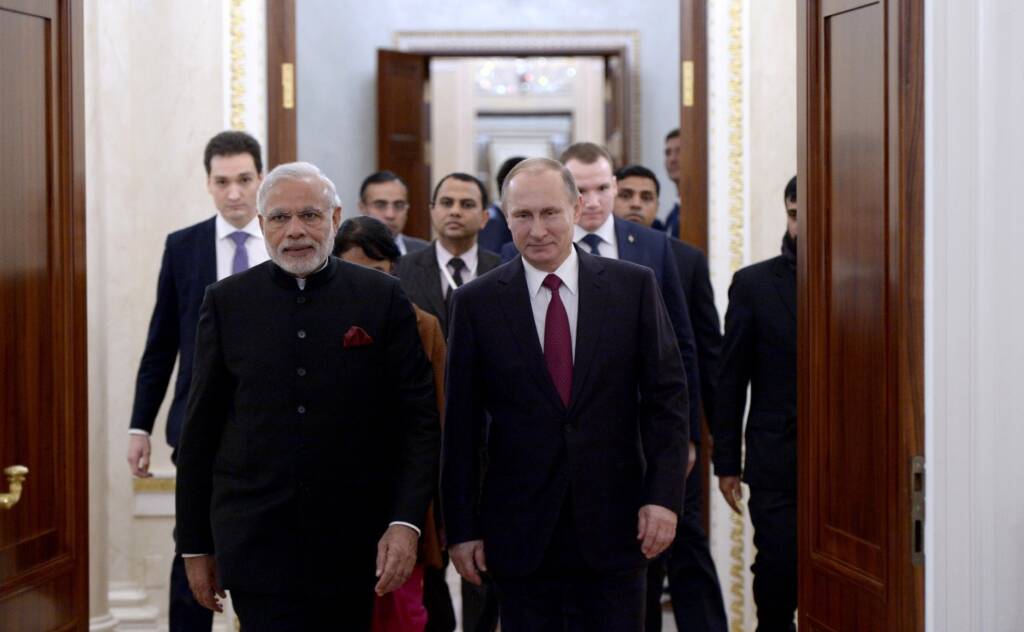In a striking escalation of rhetoric, certain voices within the UK media and defense establishment have labeled India an “enemy” rather than an ally, citing its continuing commercial and military ties with Russia. The debate reflects deepening unease in Western circles over India’s balancing act between strategic autonomy and economic pragmatism amid Russia’s ongoing war in Ukraine.
The controversy stems from India’s deepening economic and defense cooperation with Russia, which continues despite the sustained Western campaign to isolate Moscow following its 2022 invasion of Ukraine. India has emerged as one of the largest importers of discounted Russian oil, dramatically increasing its purchases and helping to stabilize the Russian economy as sanctions from the US, UK, and EU took effect.
India’s relationship with Russia, particularly in defense, is not new. For decades, Moscow has been New Delhi’s largest arms supplier, with historical ties dating back to the Cold War. While India has steadily diversified its arms imports, including procurements from other nations, Russian systems still comprise a significant share of its defense arsenal. A lot of India’s defence is integrated with indigenous systems, coupled with Russian tech, apart from joint programs between the two.
From India’s perspective, the partnership with Russia is driven by a deep history, by a need for strategic depth, and by a multipolar world order. Abandoning Moscow entirely would create critical vulnerabilities, particularly given the current state of regional tensions with China and Pakistan.
The West’s Growing Frustration
In contrast, the West—especially NATO countries—has become increasingly intolerant of ambiguity in foreign policy as the war in Ukraine drags on. India’s neutral stance at the UN, its continued purchase of discounted Russian oil, and its participation in forums like the Shanghai Cooperation Organisation (SCO) have been viewed with suspicion.
This friction has culminated in polarizing statements from some Western analysts who argue that India’s actions undermine the global rules-based order. However, such accusations often ignore the nuance of India’s foreign policy, which remains fiercely independent and centered on national interest.
At the heart of this debate lies India’s doctrine of strategic autonomy—a policy that seeks to maximize India’s freedom of maneuver in international affairs. India does not seek to be part of any rigid bloc; instead, it pursues issue-based alignments. It is a member of the Quad, participates in joint military exercises with Western countries, and cooperates on defense, trade, and technology with democratic allies, all while maintaining working relations with Russia and China.
Western attempts to force alignment could backfire. India, the world’s most populous democracy and a rising global power, is too large to be coerced and too important to be ignored. Rather than pressuring India with labels, constructive engagement—respectful of its sovereign choices—may yield better long-term results.
The “enemy” narrative reflects more about Western frustration than Indian intent. As global power structures evolve, accommodating the strategic preferences of emerging powers like India will be essential. Instead of questioning its alliances, it may be more productive to understand the rationale behind India’s tightrope diplomacy.
